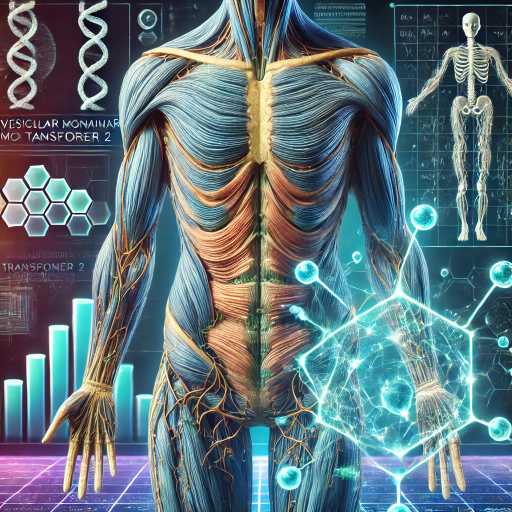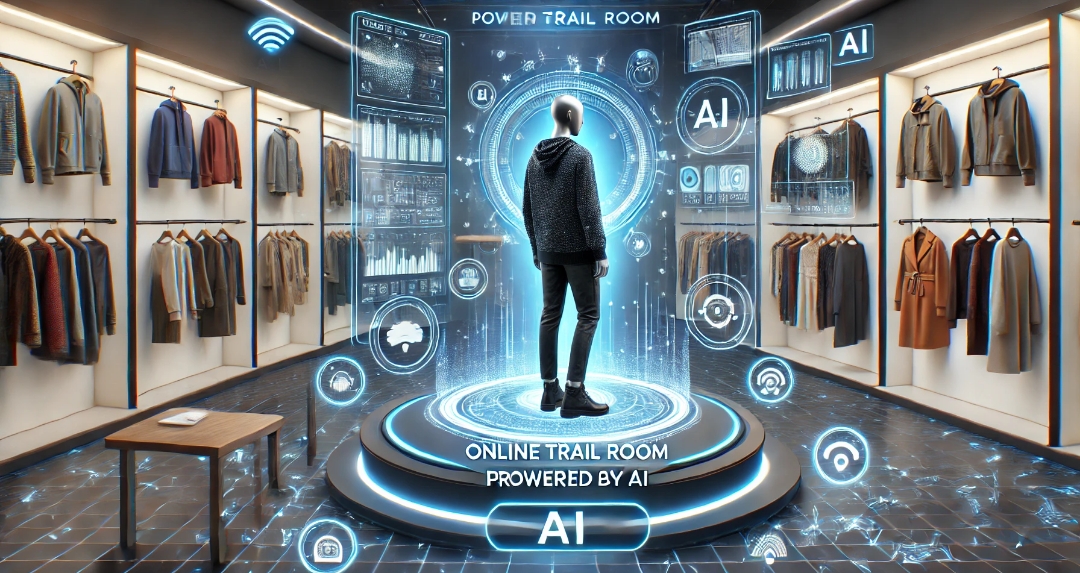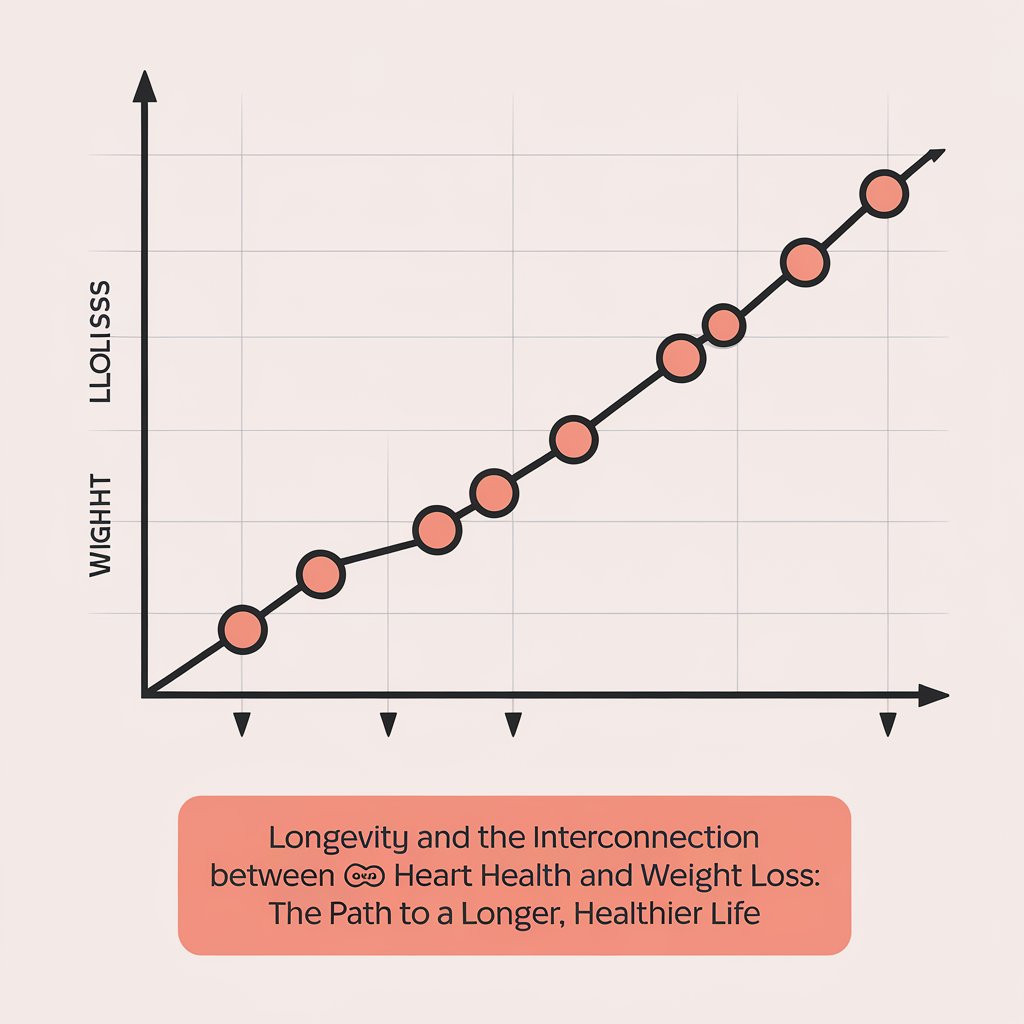Introduction:
Social media has transformed the way we communicate, connect, and share information in the digital age. However, alongside its benefits, the misuse of social media has raised concerns regarding its potential harms, particularly for the youth. In this article, we will delve into the history of social media, explore the potential harms associated with its misuse, discuss the issues faced by the youth, examine methods of dealing with addiction, and highlight the advantages of reducing social media usage.
1. The History of Social Media:
Social media has a rich and dynamic history, evolving from early online communities to the sophisticated platforms we know today. We will explore key milestones, including the emergence of platforms like Six Degrees, Friendster, MySpace, and the subsequent rise of Facebook, Twitter, Instagram, and Snapchat.
2. Potential Harms of Social Media Misuse:
a) Mental Health Impact: Excessive use of social media has been linked to increased feelings of loneliness, depression, anxiety, and low self-esteem among individuals, especially the youth.
b) Cyberbullying and Online Harassment: Social media platforms have become breeding grounds for cyberbullying, hate speech, and online harassment, creating a toxic environment for users.
c) Privacy Concerns: The extensive sharing of personal information on social media raises privacy risks and exposes individuals to potential identity theft or data breaches.
d) Spread of Misinformation: Social media amplifies the rapid spread of misinformation and fake news, which can have significant societal consequences.
3. Issues Faced by the Youth:
a) Comparison and FOMO: Young individuals often compare themselves to carefully curated online personas, leading to feelings of inadequacy and fear of missing out (FOMO).
b) Online Bullying: Cyberbullying can have severe emotional and psychological effects on young people, sometimes leading to tragic consequences.
c) Addiction and Distraction: The addictive nature of social media can adversely affect academic performance, sleep patterns, and overall well-being of young individuals.
4. Methods of Dealing with Social Media Addiction:
a) Setting Usage Limits: Establishing specific time limits for social media usage can help regain control and reduce addiction.
b) Digital Detox: Taking periodic breaks from social media, such as weekends or vacations, can provide a much-needed respite and help reestablish a healthier relationship with technology.
c) Mindfulness and Alternative Activities: Engaging in mindfulness exercises and finding alternative activities, such as hobbies or physical exercise, can redirect attention away from social media.
5. Advantages of Reducing Social Media Usage:
a) Improved Mental Well-being: Limiting social media usage can lead to decreased stress levels, improved self-esteem, and better overall mental health.
b) Enhanced Productivity: By reducing distractions, individuals can focus more on their work or studies, leading to increased productivity and efficiency.
c) Better Interpersonal Connections: Reducing reliance on social media allows individuals to invest more time in building meaningful relationships and strengthening real-life connections.
Conclusion:
Social media has undoubtedly shaped our modern world, but its misuse can have detrimental effects on individuals, particularly the youth. By understanding the potential harms, addressing addiction, and consciously reducing usage, we can reap the benefits of social media while safeguarding our mental health and well-being. Finding a balance between the virtual and real world is key to navigating the digital landscape in a healthy and responsible manner.













